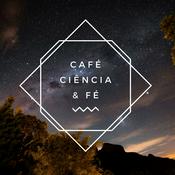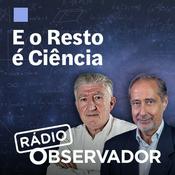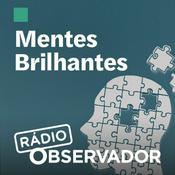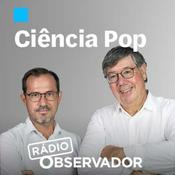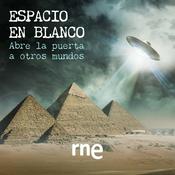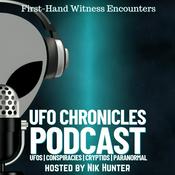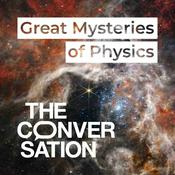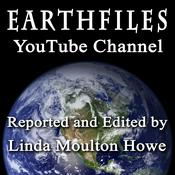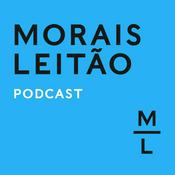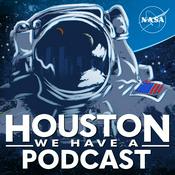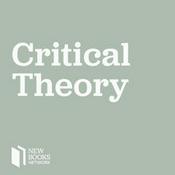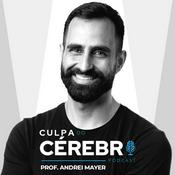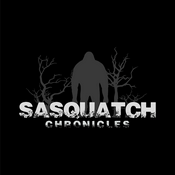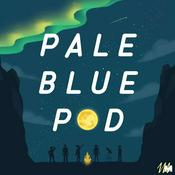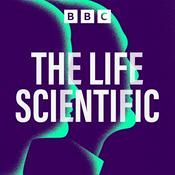1237 episódios
- The Relativistic Heavy Ion Collider (RHIC), the largest particle collider in the United States, collided its last particles in early February. RHIC is a massive accelerator ring and set of instruments based at New York’s Brookhaven National Laboratory, and was designed to accelerate gold ions to near-light speed before collision. It was the second most powerful accelerator on the planet, second only to CERN’s Large Hadron Collider. Since RHIC began running in 2000, scientists have used it to study the tiniest subatomic particles, which give insight into some of the universe’s biggest questions.
Brookhaven nuclear physicist Gene Van Buren joins Host Flora Lichtman to look back on the history of RHIC, what physicists have learned from the collider, and what lies ahead for particle physics.
Guest: Dr. Gene Van Buren is a nuclear physicist at Brookhaven National Laboratory in Upton, New York.
Transcripts for each episode are available within 1-3 days at sciencefriday.com.
Subscribe to this podcast. Plus, to stay updated on all things science, sign up for Science Friday's newsletters. - This year’s Winter Olympics feature a new event called “skimo,” or ski mountaineering. The racing event involves periods of skiing uphill using “skins” for traction, sprinting uphill on foot, and a downhill ski slalom to the finish. Mountaineering historian Peter Hansen joins Host Flora Lichtman for an introduction to skimo, and the scientific connections of early modern mountaineers.
Then, wildlife ecologist Kevin White describes the amazing capabilities of the mountain goat, what’s known about the physical features that contribute to their climbing ability, and risks to mountain goat populations.
Guests:
Dr. Peter Hansen is a professor of history at Worcester Polytechnic Institute, and author of the book The Summits of Modern Man: Mountaineering after the Enlightenment.
Dr. Kevin White is a wildlife ecologist based at the University of Alaska Southeast.
Transcripts for each episode are available within 1-3 days at sciencefriday.com.
Subscribe to this podcast. Plus, to stay updated on all things science, sign up for Science Friday's newsletters. - As ICE cracks down in Minneapolis and across the country, reporters and privacy advocates have drawn attention to how the agency is using technology: scanning people’s faces without consent, using private health records to make arrests, tracking people’s location in real time with phone data.
So how does all this work? How does the United States’ data ecosystem make it possible for not just ICE, but any number of government agencies and businesses to buy our private data? And what actually happens after we send that DM or open up Instagram at a protest to post a picture?
To learn more, Host Flora Lichtman sits down with law professor and tech policy expert Laura Moy. She’s testified in Congress about privacy laws and how data brokers profit off of personal data.
Guest: Laura Moy is an associate professor of law at Georgetown Law, based in Washington, D.C.
Transcripts for each episode are available within 1-3 days at sciencefriday.com.
Subscribe to this podcast. Plus, to stay updated on all things science, sign up for Science Friday's newsletters. - The new dietary guidelines from the USDA call for Americans to “eat real food” and consume less “highly processed” food. But how? By some estimates, ultraprocessed foods make up nearly 60% of the average American adult diet, and they’re all over school lunch menus.
Health policy expert Laura Schmidt and nutrition policy researcher Alyssa Moran join Host Flora Lichtman to talk about ultraprocessed foods and our food supply. What might they be doing to our health, and what steps could policymakers take to help Americans eat less of them?
Guests:
Dr. Laura Schmidt is a professor at the Institute for Health Policy Studies at the University of California, San Francisco.
Dr. Alyssa Moran is deputy director of the Center for Food and Nutrition Policy at the University of Pennsylvania
Transcripts for each episode are available within 1-3 days at sciencefriday.com.
Subscribe to this podcast. Plus, to stay updated on all things science, sign up for Science Friday's newsletters. - In an effort to make their farms more environmentally and economically sustainable, some farmers are experimenting with agrivoltaics: growing crops underneath solar panels. This dual harvest is working for some, but what will it take for agrivoltaics to work on a larger, more industrial scale?
Joining Host Ira Flatow are journalist Jana Rose Schleis and environmental economics expert Madhu Khanna.
Guests:
Jana Rose Schleis is a news producer at KBIA in Columbia, Missouri. Her podcast series, “The Next Harvest,” is available on podcast platforms.
Dr. Madhu Khanna is a professor of environmental economics and director of the Institute for Sustainability, Energy, and Environment at the University of Illinois Urbana-Champaign.
Transcripts for each episode are available within 1-3 days at sciencefriday.com.
Subscribe to this podcast. Plus, to stay updated on all things science, sign up for Science Friday's newsletters.
Mais podcasts de Ciência
Podcasts em tendência em Ciência
Sobre Science Friday
Covering the outer reaches of space to the tiniest microbes in our bodies, Science Friday is the source for entertaining and educational stories about science, technology, and other cool stuff.
Sítio Web de podcastOuve Science Friday, Mais lento do que a luz e muitos outros podcasts de todo o mundo com a aplicação radio.pt

Obtenha a aplicação gratuita radio.pt
- Guardar rádios e podcasts favoritos
- Transmissão via Wi-Fi ou Bluetooth
- Carplay & Android Audo compatìvel
- E ainda mais funções
Obtenha a aplicação gratuita radio.pt
- Guardar rádios e podcasts favoritos
- Transmissão via Wi-Fi ou Bluetooth
- Carplay & Android Audo compatìvel
- E ainda mais funções


Science Friday
Leia o código,
descarregue a aplicação,
ouça.
descarregue a aplicação,
ouça.




